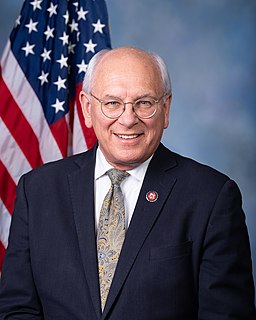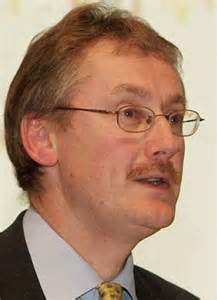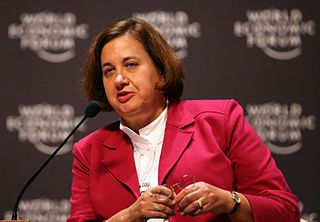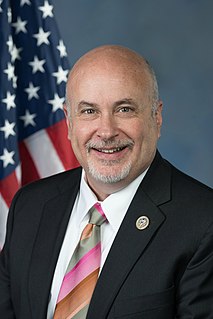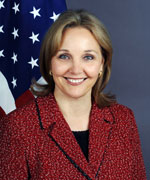A Quote by Paul Tonko
Many climate change deniers would have you believe that addressing climate change is all pain and no gain. This is simply not true. We can tackle this challenge while improving our personal health and the health of our economy. These are not competing interests; they go hand in hand.
Related Quotes
Despite the international scientific community's consensus on climate change, a small number of critics continue to deny that climate change exists or that humans are causing it. Widely known as climate change "skeptics" or "deniers," these individuals are generally not climate scientists and do not debate the science with the climate scientists.
I don't believe that climate-change fiction will change the mind of a denier because most of the deniers I've met are basically in a cult situation. It's a faith issue. It's not a rational issue. There's no fact that's going to change their mind. They simply believe in the cult of climate-change denial and it somehow feeds into the rest of the mythos of their own life story.
Addressing the climate and biodiversity crises requires us to radically change our economic models, moving away from economic growth as the over-riding measure of progress and moving instead towards improving health and wellbeing for people and nature. That means a different economic model taking us towards a sustainable economy.
With climate change and health crises rightfully receiving international attention, the time has come to focus on hunger as a top priority. WHO regards hunger and malnutrition as the gravest threat to public health, and climate change threatens to further destabilise already fragile food-production systems.
Climate change should not fundamentally be seen as a political or partisan issue, but it has been turned into a political football primarily by the climate deniers who have a vested interested in maintaining the status quo. That includes certain industrial interests, financial interests and political interests.
...the world needs to face up to the challenge of climate change, and to do so now. It is clear that climate change poses an urgent challenge, not only a challenge that threatens the environment but also international peace and security, prosperity and development. And as the Stern report showed, the economic effects of climate change on this scale cannot be ignored, but the costs can be limited if we act early
